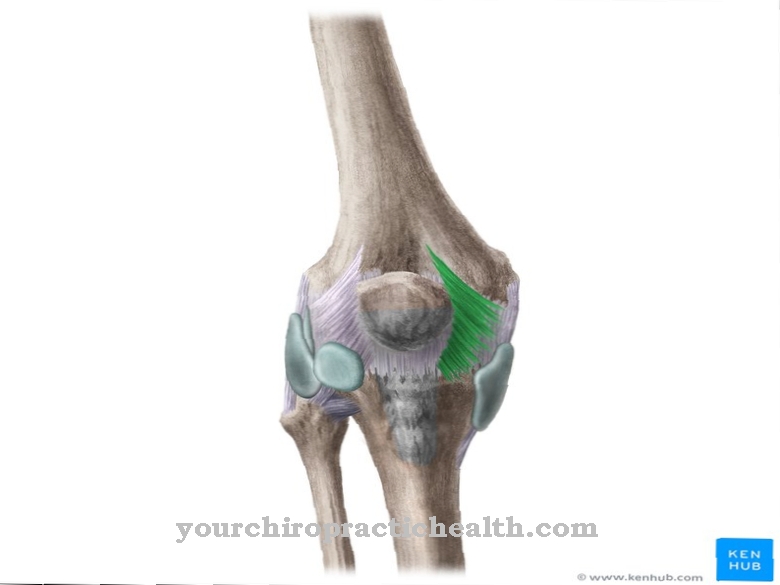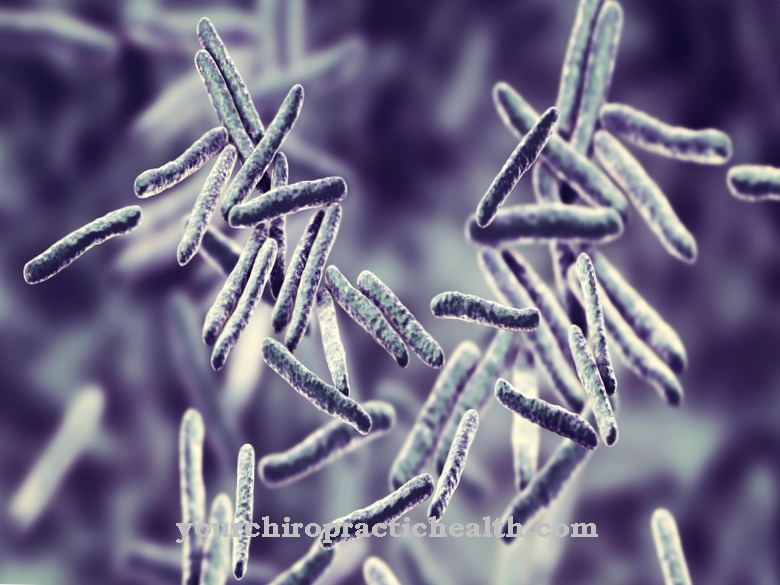At a Tourette syndrome it becomes chronic Tics or. Tic disorders. Tics are involuntarily occurring sounds or words that are usually accompanied by uncontrolled jerky and rapid movements (e.g. twitching).
What is Tourette Syndrome?

© valiza14 - stock.adobe.com
As Tourette syndrome is a neurological-psychiatric disease, the causes of which have not yet been fully clarified. The name of the disease goes back to the French neurologist Georges Gilles de la Tourette, who scientifically described Tourette's syndrome for the first time in 1885.
Characteristic symptoms of Tourette's syndrome are motor and vocal tics, i.e. Sudden, uncontrolled, arrhythmic movements of certain muscle groups (motor tics) and uncontrolled utterances (vocal tics). The uncontrollable tendency to obscene utterances (coprolalia), which is often associated with Tourette's syndrome, can only be observed in around a fifth of those affected and is not a characteristic symptom of Tourette's syndrome.
In addition, symptoms such as AD (H) D, compulsive actions, anxiety and obsessive-compulsive disorders and depression (comorbidity) can be observed in those affected by Tourette's syndrome.
causes
The Tourette syndrome can be genetic and non-genetic. According to recent studies, it is not a single gene, but several genes, that is responsible for the inheritance of Tourette's syndrome in genetically caused Tourette's syndrome.
What is certain is that children of a parent with Tourette's syndrome have a 50 percent chance of inheriting the disease and that men are more often affected than women.
In addition, Tourette's syndrome is attributed to a disturbed metabolism in the dopaminergic system of the brain. The neurotransmitter dopamine is overly active in those with Tourette's syndrome and leads to a disruption of motor processes. This metabolic imbalance is exacerbated by emotional stimuli (such as stress, joy) and triggers the tics that are typical of Tourette's syndrome.
In a very small proportion of those affected by Tourette's syndrome, a bacterial streptococcal infection in childhood (such as scarlet fever, tonsillitis) is suspected to be the cause of the disease (PANDAS syndrome).
Symptoms, ailments & signs
Those affected repeatedly experience rapid physical movements (motor tics), vocalizations (vocal tics), or a combination of these two actions that serve no purpose. Those affected can delay the tics, but not suppress them. If Tourette's syndrome is present, there is a combination of several motor tic with at least one vocal tic.
In many cases, simple motor tics such as blinking eyes, grimacing, jerking the head or jerking the shoulder occur. Complex motor tics such as jumping, touching people and objects, copropraxia (performing obscene gestures), twisting the body or smelling are less common. Another symptom is repeated self-harm.
For example, those affected hit their head against the wall or certain objects, hit or pinch themselves. Simple vocal tics that often occur include grunting, squeaking, clearing throat, squeaking, clicking the tongue or sniffing. Often those affected also suffer from complex vocal tics such as coprolalia (uttering obscene words), echolalia (repetition of sounds or fragments of words they have just heard) or palilalia (repetition of words they have just spoken).
In conversations, those affected tend to suddenly throw out words and short sentences that are unrelated to the topic of conversation. Depression, sleep disorders, learning difficulties and general restlessness are also associated with Tourette's syndrome.
Diagnosis & course
For the Tourette syndrome there are no neuro-psychological diagnostic methods available, the diagnosis is made solely on the basis of the symptoms, i.e. of the symptoms present. Tourette's syndrome is present if at least two motor and one vocal tic can be observed over a period of at least one year before the age of 21. Most people affected by Tourette's syndrome fall ill between the ages of 6 and 8.
Tourette's syndrome has a chronic course and is characterized by a creeping onset of the disease. In the further course of the disease, the tics are subject to strong fluctuations in terms of both intensity and frequency and are most pronounced during puberty. In the majority of those affected by Tourette's syndrome, a significant decrease in tics can be observed in adulthood.
Complications
The tic and Tourette syndrome has a very negative effect on the quality of life of the person affected and can also lead to strong social tension. The tics and disorders can seem very strange, especially to outsiders, so that those affected are often bullied or teased. However, in some cases there are also aggressive actions against the sick.
During puberty, tic and Tourette syndrome can therefore lead to severe psychological complaints or depression. Different muscle groups are involuntarily moved by the syndrome, which can lead to twitching and possibly also to cramps. In many cases, however, the severity of the syndrome decreases with age, so that the everyday life of those affected normalizes.
A causal treatment of the tic and Tourette syndrome is unfortunately not possible. Those affected depend on various therapies that can alleviate the symptoms and limit the tics. However, a positive outcome cannot be guaranteed. Medicines can also be taken. There are no complications. The life expectancy of the patient is usually not negatively influenced by the tic and Tourette syndrome.
When should you go to the doctor?
In the event of abnormal behavior or motor skills, a special duty of care must be exercised. A doctor is required as soon as there are involuntary or uncontrollable movement impulses or other peculiarities. A loss of control over vocalization is a warning signal from the organism. A doctor is required to conduct research into the cause. Sleep disorders, general restlessness, nervousness and concentration problems indicate an irregularity.
The complaints must be presented to a doctor, as the person concerned needs medical care. The repetition of just heard sounds without any meaningfulness behind the process is considered a cause for concern. In the event of self-harming behavior, a doctor should be consulted as soon as possible. Hitting the wall with your hands, pounding your head on objects, or twisting your body abnormally indicate an existing disease.
Those affected cannot explain their actions and in most cases have no triggering stimulus. If words or parts of a sentence come out of the mouth of the person concerned without checking, a doctor must be informed of the observations. Performing obscene gestures, insults or other unpleasant actions are also part of the disease. Memory disorders, learning difficulties or withdrawal behavior from participation in social life should be discussed with a doctor.
Treatment & Therapy
The Tourette syndrome Since its causes have not yet been fully clarified, it cannot be cured with drugs or psychotherapy. Accordingly, only the symptoms of Tourette's syndrome can be alleviated with the aid of pharmacological and / or psychological therapy measures.
As part of psychotherapeutic measures, methods of coping with stress and relaxation techniques can be learned. Particularly positive results are achieved by the so-called reaction reversal method, in which those affected by Tourette's syndrome are trained to perceive the first signs of possible tics and learn to develop counter-regulation mechanisms.
However, additional drug treatment should only be considered if the symptoms are particularly pronounced and perceived as bothersome. The pharmacological treatment methods developed so far do not address the cause, but rather the symptoms.
Good results are achieved in this regard with dopamine antagonists.These are bound by the receptors of the messenger substance dopamine and prevent the messenger substance from docking, so that it is blocked and the metabolic imbalance in the dopaminergic system described above is minimized. A drug of this group used in many cases in Germany is tiapride.
You can find your medication here
➔ Medicines for relaxation & nerve strengtheningprevention
For the Tourette syndrome there are no preventive measures. Nevertheless, it makes sense to avoid stressful situations or to learn how to deal with them. According to some studies, some non-genetic, environmental, or psychosocial factors cannot cause Tourette's syndrome, but they can affect the severity and severity of the disease. For example, smoking and stress during pregnancy, as well as complications during childbirth, are risk factors that can exacerbate the tics that are typical of Tourette's syndrome.
Aftercare
As far as we know today, Tourette's syndrome cannot be completely cured. The disease can only be alleviated with medication. The patient must be able to cope with their tics in everyday life for a lifetime. For this reason, follow-up care is useful. It takes place in behavioral therapy under the guidance of a specialist doctor or psychologist. The goal of aftercare is to deal with the syndrome appropriately.
As part of the aftercare, the patient learns ways to control impulses. Regular appointments with the behavior therapist are necessary for a successful recovery. Those affected by Tourette's syndrome often experience incomprehension and rejection in their environment. In the workplace, they form a risk group for bullying. In the family sphere, the patient can also feel rejected.
Depression or decreased self-confidence are the result. In this case, follow-up care is provided by psychotherapy. The prevention of mental disorders has priority here. She involves people close to her when they feel overwhelmed by the patient's condition.
Tourette patients can have a normal job. Many of them are very creative. The aftercare aims at working out and (professional) implementation of the individual talent. The patient's self-confidence increases by becoming aware of their own abilities.
You can do that yourself
Tourette's syndrome is a neurological disease of the nervous system, which is primarily genetic. It is usually chronic, so it is neither curable nor treatable. Only the symptoms can be improved by pharmacological or psychological behavior therapy.
Through targeted exercises, behavioral therapy can lead to tics being reduced or specifically suppressed, which improves or halfway normalizes the everyday life of the affected person. The "habit reversal training" deserves a special mention, as it is a particularly helpful form of treating tics. In Germany, however, there are not very many experienced therapists. It should also be noted that this measure usually only has an effect if the severity of the symptoms is not yet too pronounced. It also depends on how long the person affected has been suffering from their tics.
A much more important measure would be to raise awareness and educate people about them. Since tics are frequently and strongly perceived in public, the psychological suffering of those affected is very high. Both Tourette's syndrome and tics encounter anger, astonishment and rejection in the person's environment, which can lead to mutual exclusion. Many people feel provoked mainly by the vocal tics and cannot imagine that they are part of an illness. For this reason, it is important to educate the community in order to avoid shame and ridicule and to integrate the people concerned.

.jpg)
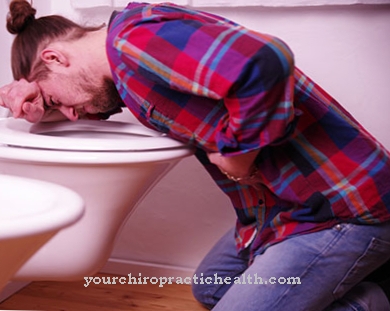
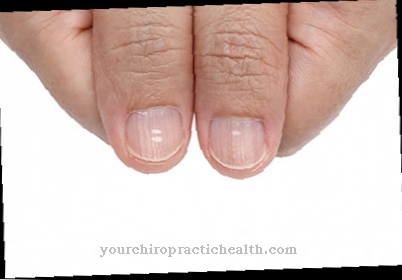
.jpg)
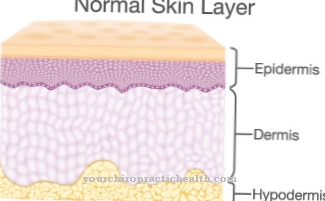
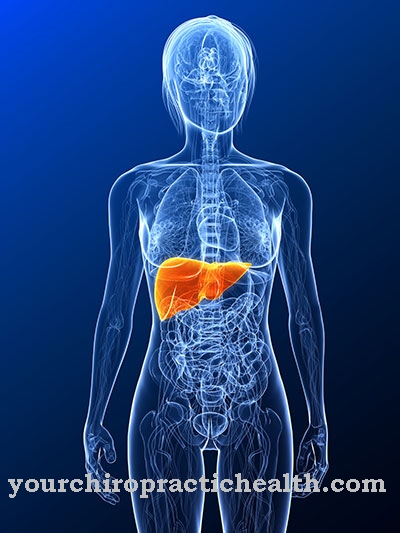

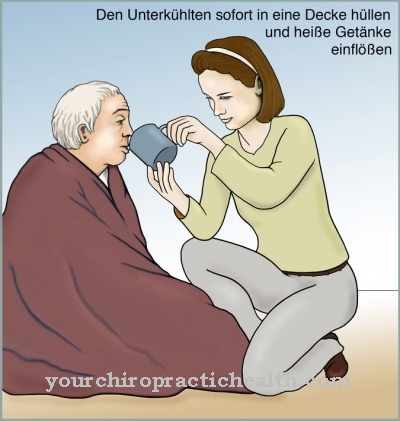
.jpg)

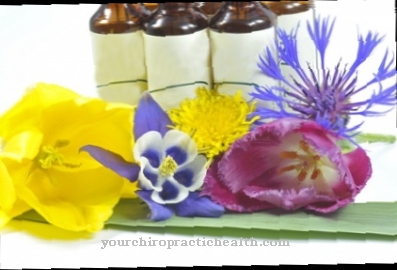
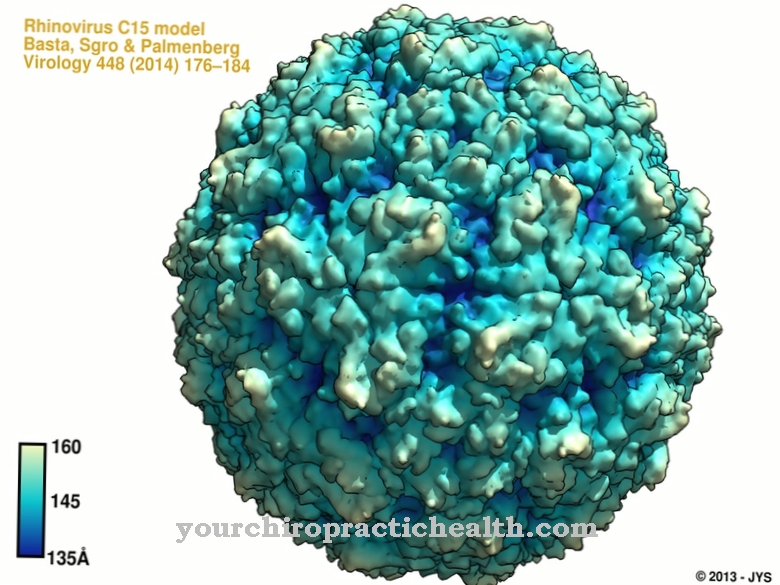
.jpg)
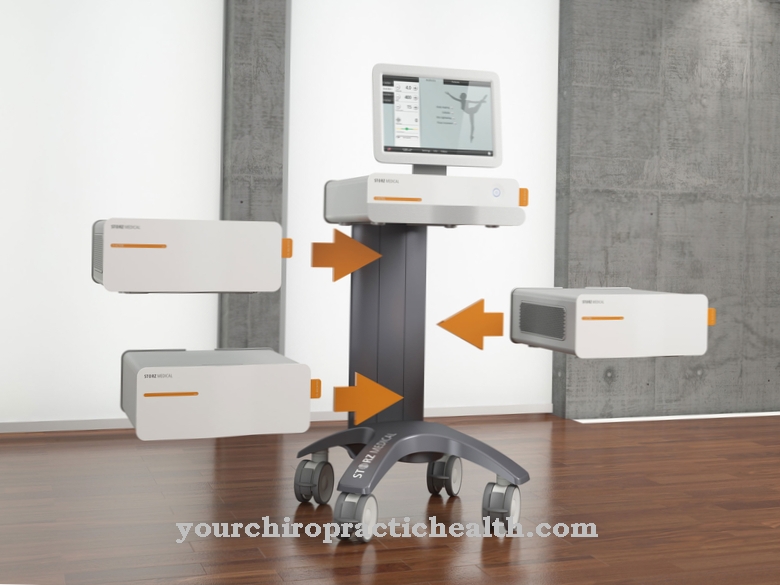
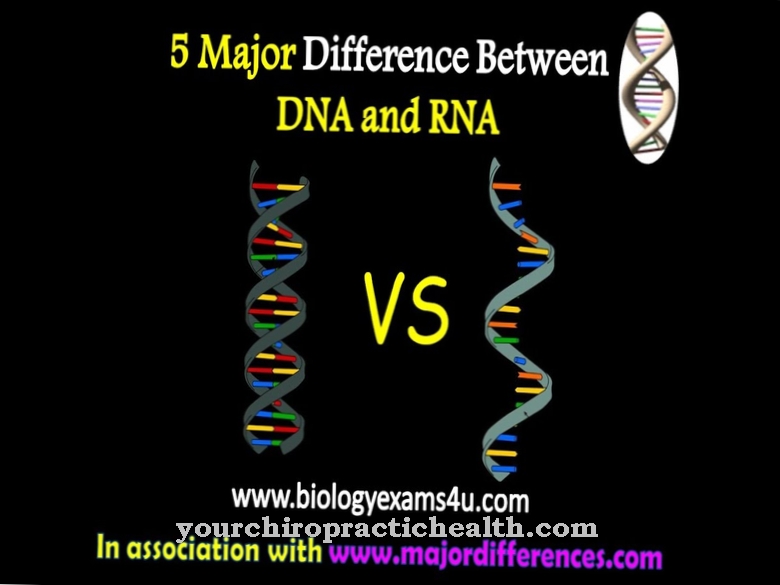


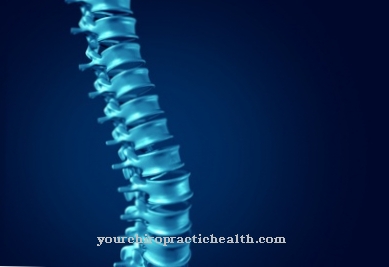
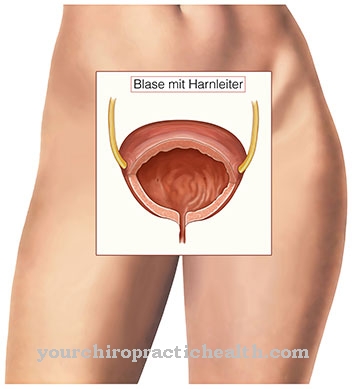

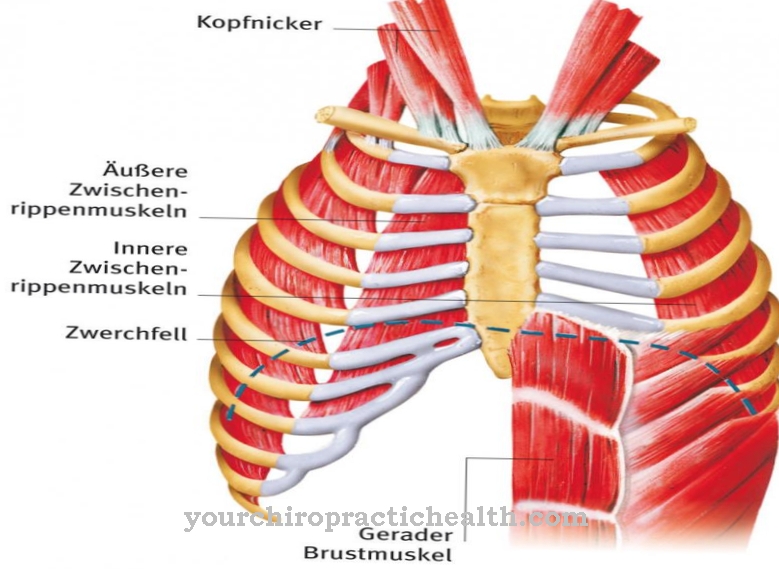

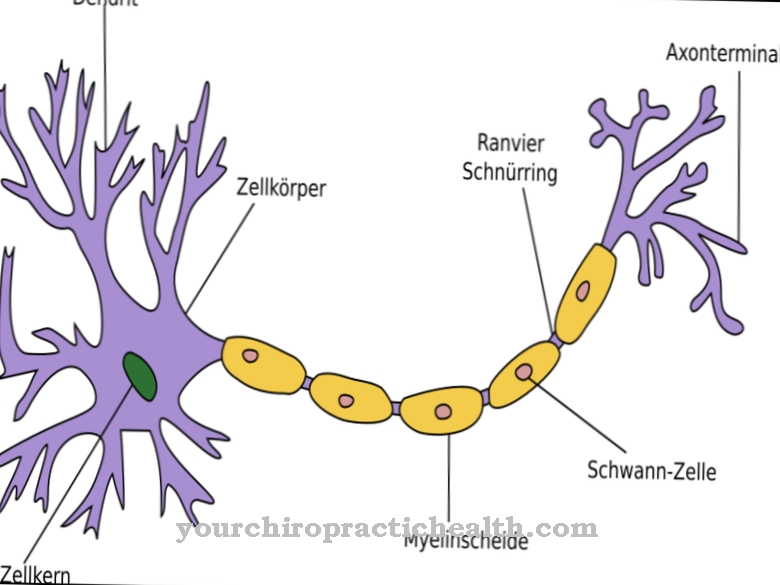
.jpg)
